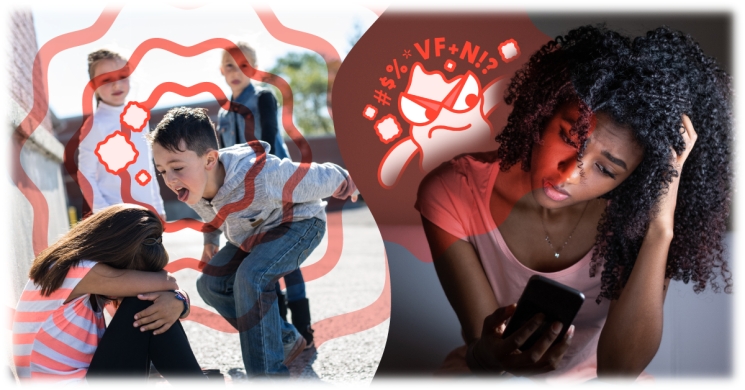
The Caribbean has been witnessing an alarming rise in bullying and its tragic consequences, particularly among our youth. Just this week, the loss of a young student in Trinidad, who took his own life due to bullying, underscored the devastating impact of this crisis. This heartbreaking event highlights the urgent need for a proactive, compassionate approach to mental health, one that addresses bullying as more than just a schoolyard issue—it’s a public health crisis that deeply affects our communities.
The Prime Minister of Trinidad and Tobago recently emphasized that crime is a public health challenge.
Bullying, is a precursor to many forms of violence, needs to be viewed in the same light. Bullying is not simply a behavioral problem; it can have lasting psychological effects that impact individuals, families, and society at large. When young people are subjected to relentless harassment, it affects their mental well-being, academic performance, and future potential. This is why organizations like Inclusive Hope have stepped forward with programs such as the First Aid for Mental Health in Youth, a powerful tool in addressing bullying before it leads to deeper mental health issues and, ultimately, crime.
Bullying as a Public Health Crisis
When we frame bullying as a public health issue, we recognize its far-reaching effects on the mental and physical health of our youth. Bullying contributes to a range of public health challenges, from increased rates of anxiety and depression to self-harm and suicide. The pain and isolation it causes don’t just end with the victims; they ripple outward, impacting families, schools, and entire communities. This crisis requires a collective, preventive response that addresses not just the symptoms, but the root causes of bullying.
By viewing bullying through the public health lens, we can shift our approach from reactive to proactive, focusing on preventive solutions that foster resilience and mental well-being among young people.
The Role of the First Aid for Mental Health in Youth Program
Inclusive Hope’s First Aid for Mental Health in Youth program is designed to empower communities with the skills and knowledge needed to recognize and respond to signs of mental distress among youth. It offers essential training that can help identify when a young person is struggling, potentially due to bullying, and provides tools to intervene compassionately. This program is crucial for early intervention, helping adults and peers understand the impact of bullying and providing a framework for supportive, non-intrusive conversations.
By teaching young people to recognize the signs of mental health challenges, the program fosters a culture of empathy and understanding. It equips them with tools to approach conversations about mental health and bullying in a way that is compassionate and supportive, rather than confrontational. When we give our youth the resources to manage mental health, we empower them to make better choices and reduce the risk of turning to harmful coping mechanisms, including violence.
Building a Safer, Healthier Caribbean
Addressing bullying through a public health approach allows us to build a more compassionate society. Programs like the First Aid for Mental Health in Youth offer preventive, practical solutions, teaching young people and community members how to recognize signs of distress and support those who need help. By investing in mental health education, we reduce the risk of bullying-related tragedies and create a culture that values empathy, understanding, and resilience.
Call to action.
Our Caribbean communities need to prioritize mental health awareness and support as part of our approach to combating bullying. Through education, open communication, and accessible mental health resources, we can ensure that our young people feel safe, valued, and understood. Programs like Inclusive Hope’s First Aid for Mental Health in Youth represent a vital step forward in building a Caribbean where our youth can thrive, free from the devastating impacts of bullying.
Let us work together to foster a society where every young person feels secure, heard, and supported. By addressing bullying as the public health crisis it is, we take a crucial step toward a healthier, more inclusive Caribbean.
Contribution by
Devi
